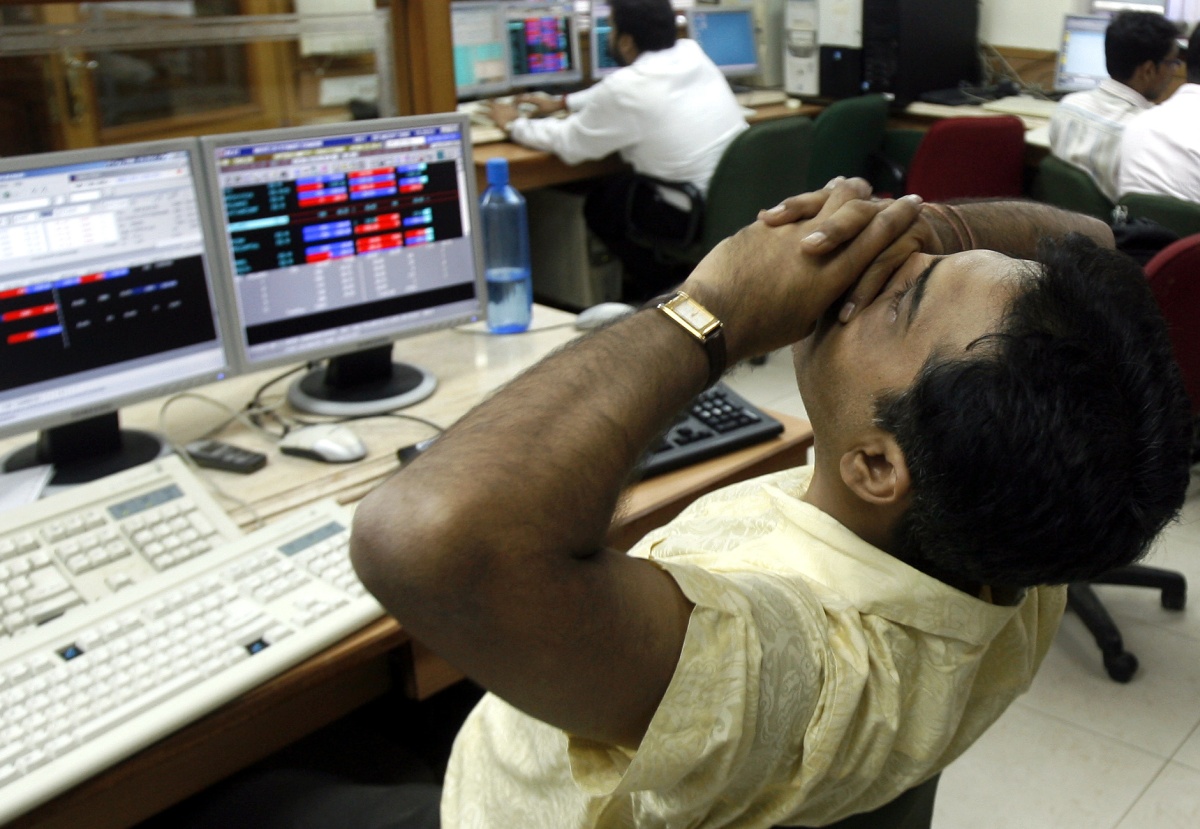'Good investment opportunities should not be missed.'

"The Omicron variant does warrant close monitoring, but the long-term trajectory of the Indian markets remains intact," Ritu Arora, CEO and chief information officer, Asia, Allianz Investment Management-Singapore, tells Puneet Wadhwa/Business Standard.
Is this a good time to buy the dips in the market or should investors wait for more clarity on the impact of the Omicron strain?
High-quality equity investments are the best asset class to allocate long-term growth capital.
The Nifty's 10-year CAGR (compound annual growth rate) is 15.03 per cent and 20-year CAGR is 16.66 per cent; since inception (April 22, 1996), the CAGR is 12.75 per cent.
An 8 per cent correction from the peak implies that the Indian markets are about 1 standard deviation more expensive than long-term averages. This needs to be seen in conjunction with the strong earnings growth cycle that has sustained the Delta variant.
The constituents of Indian benchmark indices are industry-leading large-caps with robust business models. India is in the mid of a compelling multi-year investment cycle and good investment opportunities should not be missed.
The Omicron variant does warrant close monitoring, but the long-term trajectory of the Indian markets remains intact.
How are investors viewing India as an investment destination in the Asian and the emerging market context?
Investors that know India well regard it as a long-term structural growth story that would soon be the third-largest economy in the world. Our GDP will be adding trillions every few years, and the growth supercycle is expected to last well beyond 2050.
The domestic market is integrating ever so closely with the world. Most of all, we are starting from a low base and the best is yet to come. This makes India a uniquely attractive investment destination that is much more attractive than any other emerging market.
Do you expect policymakers in India to roll out more stimulus measures in FY22 to help the economy?
It depends; stimulus is required if economic growth is weak or there is an external shock. Currently, we are seeing a strong recovery and earnings upgrades.
Inflation had risen, but is now exhibiting downward momentum with the latest CPI reading being 4.3 per cent (November) -- well within the Reserve Bank of India's target range of 2 per cent-6 per cent. We expect the central bank to be data-dependent and continue withdrawing surplus liquidity.
The inflation-growth dynamic is evolving; currently, the markets expect some preliminary hikes from the middle of 2022 onwards.
In terms of fiscal, there could be a rationalisation of taxes on fuel and within GST slabs. We also hope that insurance is moved to a lower GST slab, from 18 per cent currently.
Are retail investors getting cautious?
Globally and within India, we see retail investors getting more active, informed, and savvy. They are gaining financial knowledge and are discussing the pros and cons of investments in great detail. This is a very welcome development.
Innovative investment platforms built on the ease of use are further lowering costs and ushering in a new era of financial inclusion.
Of course, there is also a flip side where, especially in the US, certain retail favourite stocks trade at valuations that are difficult to justify on fundamentals.
Yet on an overall basis, increased retail participation and interest is a positive. We expect investors to mature and become even more discerning over market cycles.
How do you see India Inc negotiate the possibility of rising interest rates and commodity prices?
India is especially sensitive to rising crude prices though the Indian markets held out quite well over the past year. If rates rise, we see less speculative activity and a move to safer assets. Fresh out of the Covid pullback, we have only just entered the mid business cycle with a long runway for economic growth ahead for many years.
What are your overweight and underweight sectors in the Indian context?
We would position with industry leaders with a preference for businesses that exhibit customer ownership and are on the right side of innovation. This requires a detailed analysis beyond the traditional sector-wise research.
A good example, for instance, would be companies that benefit from the rising share of financial savings, such as insurance, asset management. On the other hand, companies with the poorest ESG metrics would be underweight for us, in line with our global ESG commitments and strategy.
How are you viewing consumption-related plays?
Consumption-related investments are at the heart of India's growth story.
Market valuations for most such opportunities are expensive, but are also delivering strongly on growth.
As long-term investors, we consider many other metrics like governance, sustainability, management quality, and shareholder responsibility.
Given the depth and diversity of the Indian markets, there are always compelling investment opportunities that hold true even at current levels.
Feature Presentation: Mahipal Soni/Rediff.com










